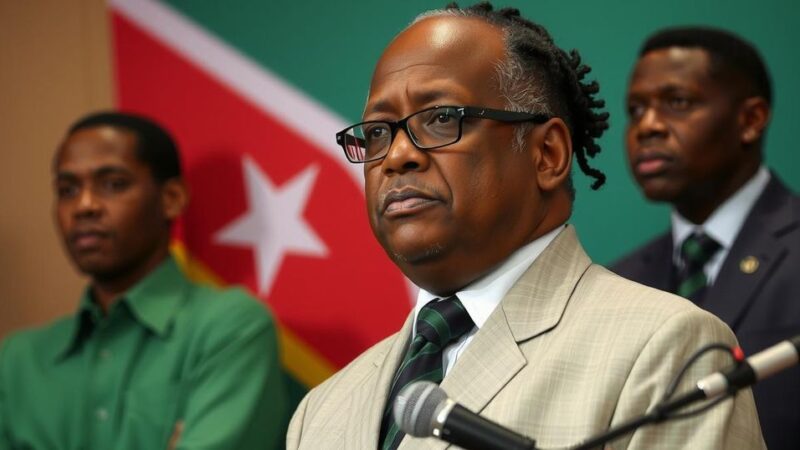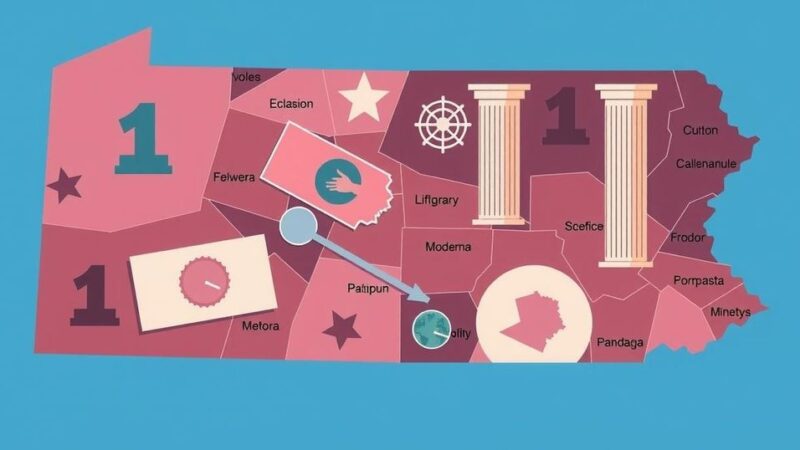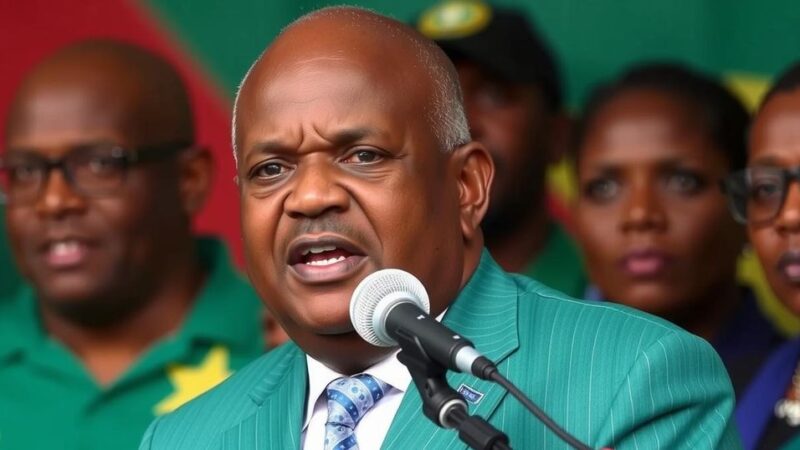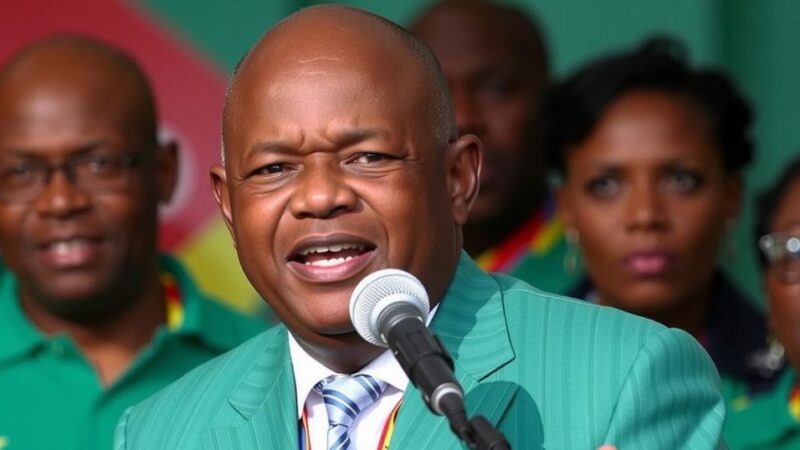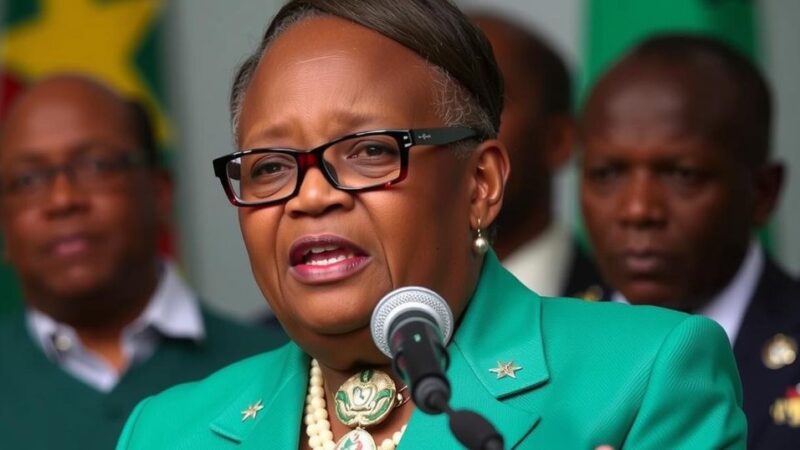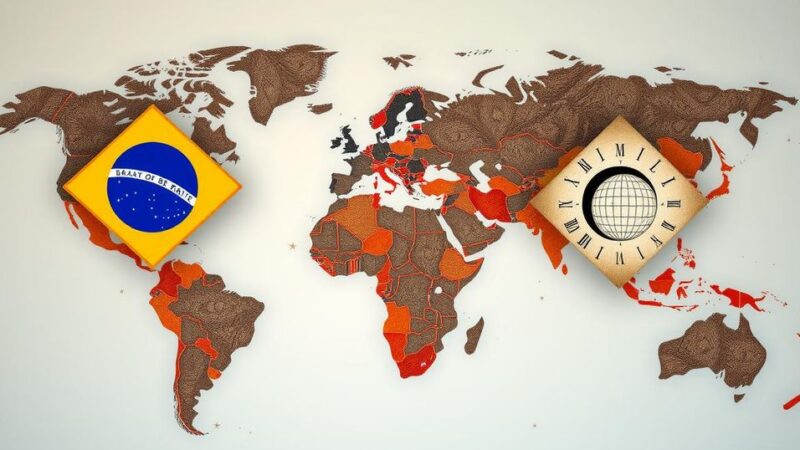Yamandu Orsi, from the centre-left Broad Front, won Uruguay’s presidential election with 49.77% of the votes. His main opponent, conservative Alvaro Delgado, garnered 45.94%. Orsi’s win aligns with global trends of incumbent parties losing support, reflecting voters’ frustrations over inflation and economic issues. Both Delgado and President Lacalle Pou conceded, expressing willingness to assist in the transition.
Yamandu Orsi, the candidate representing Uruguay’s centre-left opposition, has emerged victorious in the presidential election. With 97 percent of votes counted, Orsi, of the Broad Front party, secured 49.77 percent of the votes, surpassing conservative candidate Alvaro Delgado, who received 45.94 percent. Addressing his supporters in Montevideo, Orsi proclaimed, “The horizon is brightening,” emphasizing the need to continue on the path of freedom, equality, and fraternity. Both Delgado and current President Luis Lacalle Pou have conceded defeat, congratulating Orsi as he prepares for the transition of power.
This election marks a significant event in Uruguay’s political landscape, characterized by its relative stability compared to other Latin American countries facing severe political polarization. Uruguayan voters are increasingly concerned about high living costs, social inequality, and rising crime rates; however, recent easing of inflation and increasing employment have somewhat assuaged these worries. Orsi anticipates a modern leftist approach that reassures the electorate of continuity in policies, reflecting the country’s unique blend of political moderation and economic wealth. Moreover, the election results resonate with a global trend of incumbent parties losing ground amid voters’ frustrations over inflationary pressures, as seen in similar electoral patterns in other nations.
Uruguay, a country of 3.4 million people known for its cultural attractions such as beautiful beaches and a progressive approach to social issues, has generally maintained a peaceful political climate, contrasting sharply with the divisive political environments of its neighbors, including Argentina and Brazil. The recent electoral cycle has emerged amidst broader trends seen in other democracies worldwide, where economic challenges have led to shifting voter allegiances. The recent election underscores these trends, as Orsi’s victory reflects rising disenchantment with current administrations amid global economic concerns.
In conclusion, Yamandu Orsi’s victory represents a continuation of Uruguay’s moderate political traditions, as he prepares to address vital issues such as economic stability and social equality. His approach aims to reassure constituents of a measured policy transition following significant electoral changes worldwide. As Uruguay navigates the challenges posed by high living costs and emerging social concerns, Orsi’s leadership may shape the nation’s trajectory toward modernized governance.
Original Source: www.begadistrictnews.com.au


